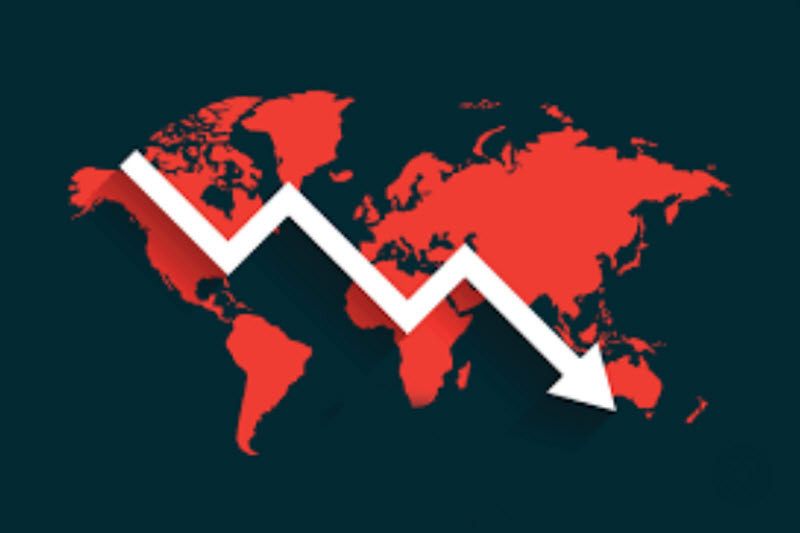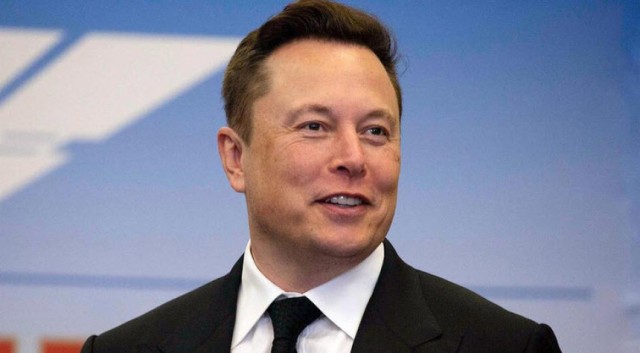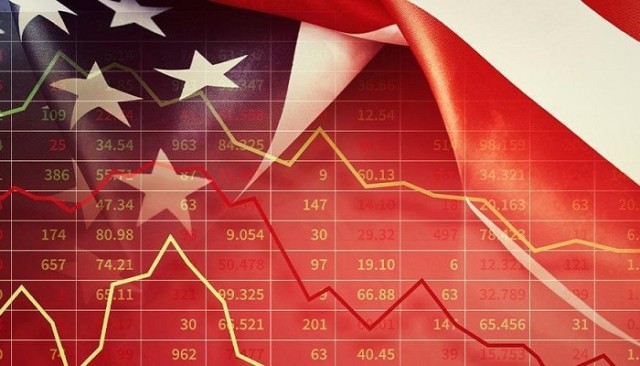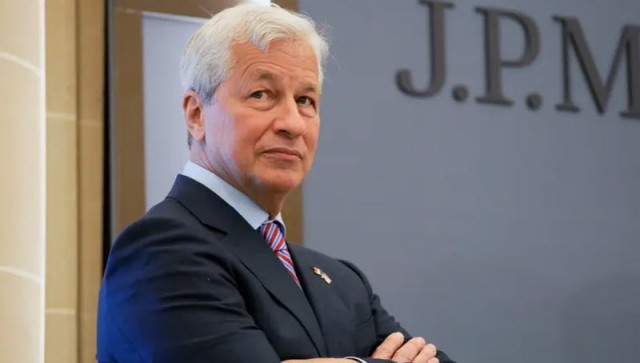An economic report expected a global economic recession during 2023 due to high borrowing costs in light of the contraction of a number of economies due to high inflation.
According to Arabiya.net, the annual report of the British Economic and Business Research Center CEBR stated that the size of the global economy exceeded $100 trillion for the first time this year, but growth will stop next year as financial policymakers continue their battle against high inflation rates.
The International Monetary Fund had warned in October that more than a third of the global economy will face recession next year and that there is a 25% chance that global gross national product will grow by less than 2%, which means a global recession.
It is likely that the global economy will face a recession next year as a result of higher interest rates in response to rising inflation, said Kay Daniel Neufeld, Director and Head of Forecasting at CEBR.
The report added that the battle against inflation is far from over. We expect central bankers to stick to their guns in 2023 despite the economic costs.
However, the report finds that by 2037, global GDP will have doubled as developing economies catch up with wealthier economies. The shift in the balance of power will see the East Asia and Pacific region account for more than a third of global output by 2037, while Europe's share falls to less than a fifth.
The report stated that China is now not ready to overtake the United States as the world's largest economy until 2036 at the earliest. This reflects China's policy in confronting the Corona virus, and the slowdown in trade tensions with the West, which led to a slowdown in its growth.
CEBR originally expected China to overtake the United States in 2028, which moved it to 2030 in its league table last year.
As predicted by the British Economic and Business Research Center:
India will become the third $10 trillion economy in 2035 and the third largest economy in the world by 2032.
The United Kingdom will remain the sixth largest economy in the world, and France the seventh, over the next fifteen years, but Britain is no longer ready to grow faster than its European peers due to the absence of growth-oriented policies and the lack of a clear vision of its role. outside the European Union.
Emerging economies with natural resources will get a big boost as fossil fuels play an important role in the transition to renewable energy.
The global economy is still a long way from the $80,000 per capita GDP level at which carbon emissions decouple growth, which means that more policy interventions are needed to reach the target of limiting global warming to just 1.5 degrees above pre-industrial levels. .









































